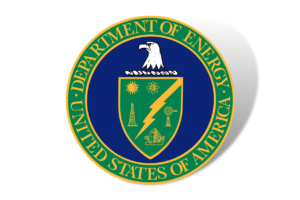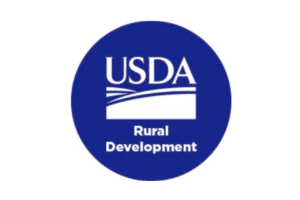The Department of the Treasury released guidance on its new $25 billion Emergency Rental Assistance (ERA) program. Eligible grantees (states and local governments with populations of more than 200,000) will have until January 12 to provide payment information and sign the acceptance of award terms in order to receive the money by January 26. Eligible households must meet at least one of the following criteria:
- Qualifies for unemployment or has experienced a reduction in household income, incurred significant costs or experienced a financial hardship due to COVID-19;
- Demonstrates a risk of experiencing homelessness or housing instability; and
- Has a household income at or below 80 percent of the area median.
Eligible households that include an individual who has been unemployed for the 90 days prior to application for assistance and households with income at or below 50 percent of the area median income are to be prioritized for assistance.
Household income is determined as either the household’s total income for calendar year 2020 or the household’s monthly income at the time of application. For household incomes determined using the latter method, income eligibility must be redetermined every three months.
Eligible households may receive up to 12 months of assistance, plus an additional three months if the grantee determines the extra months are needed to ensure housing stability and grantee funds are available. The payment of existing housing-related arrears that could result in eviction of an eligible household is prioritized. Assistance must be provided to reduce an eligible household’s rental arrears before the household may receive assistance for future rent payments. Once a household’s rental arrears are reduced, grantees may only commit to providing future assistance for up to three months at a time. Households may reapply for additional assistance at the end of the three-month period if needed and the overall time limit for assistance is not exceeded.
An application for rental assistance may be submitted by either an eligible household or by a landlord on behalf of that eligible household. Households and landlords must apply through programs established by grantees. In general, funds will be paid directly to landlords and utility service providers. If a landlord does not wish to participate, funds may be paid directly to the eligible household. Households and landlords should not submit applications for assistance to Treasury.
Jennifer Schwartz with the National Council of State Housing Agencies will describe the model guidance they are developing for their members, as well as how the states are planning to roll out the funding during our January 21 webinar on “Unpacking the Affordable Housing Provisions in the Year-End Bill.” Register here.



